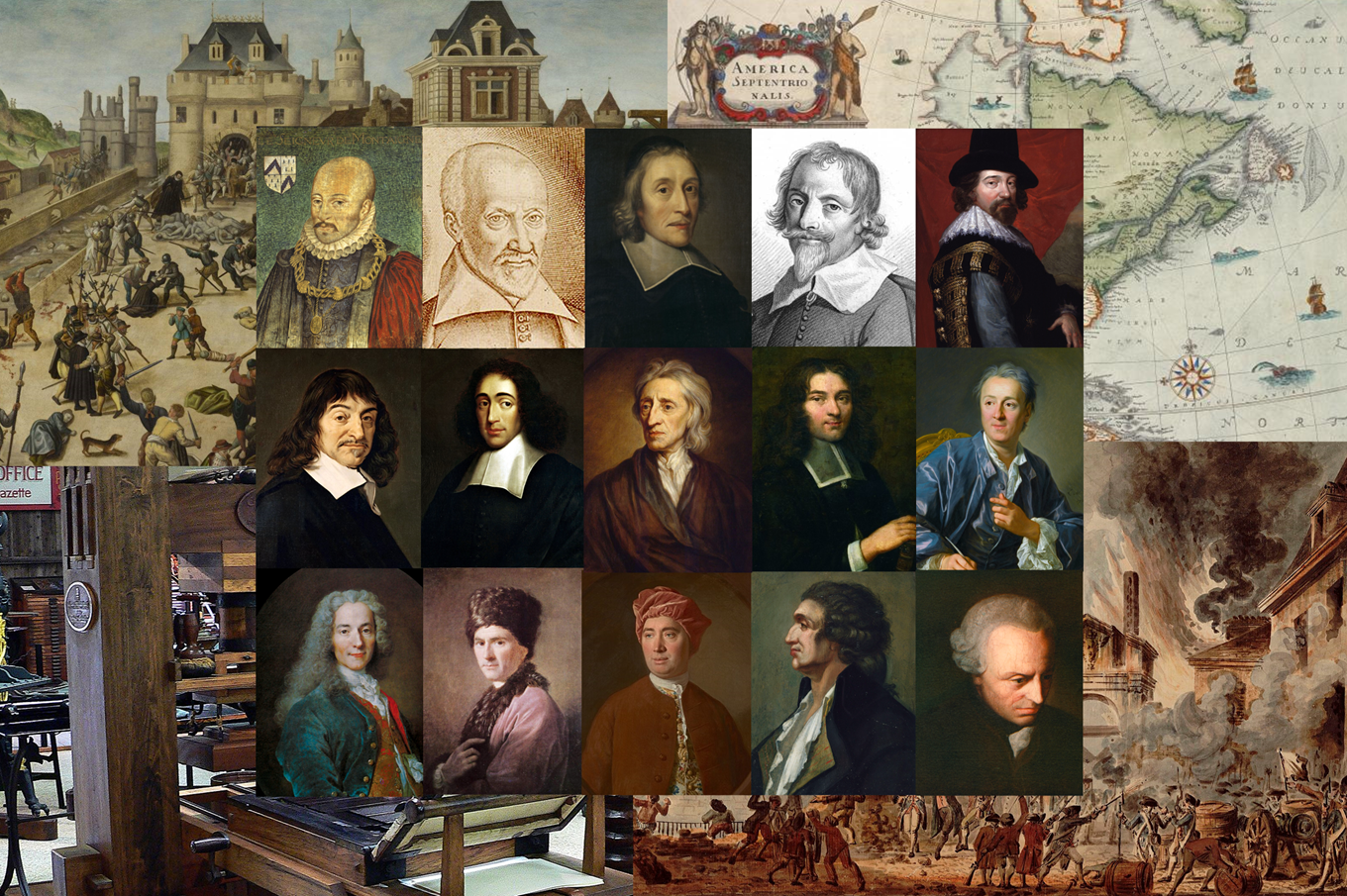Articles
-
Western Authoritarianisms or the Denial of a Global Evolution

Protectionist vs. Neoliberal Authoritarianisms Since his second inauguration as President of the United States, D. Trump has dominated the news, particularly due to his brutal attitude and arbitrary decisions that endanger American democracy, which is based on the existence of checks and balances. In this context, it is ironic to hear Vice President J.D. Vance…
-
On the Role of Technical Culture in Innovation and the Limits of Innovation Today

Technical Culture as a Factor in the First Industrial Revolution In Power and Progress, Daron Acemoglu and Simon Johnson provide a detailed account of how technological advancements have rarely benefited the entire population. Their fascinating investigation, spanning from the Neolithic era to the present day, supports the idea—dating back at least to Rousseau—that inequalities increased…
-
Attachment, a vital emotional bond that can stifle psychological distancing

Since November 2023, several articles have highlighted constraints that limit the ability to achieve psychological distancing and, consequently, to gain freedom of thought and peace of mind: oppositions, idealizations (particularly the pursuit of moral truths), conformity, psychological projection, and the desire for recognition. Here, we will focus on the emotional bond of attachment. While essential…
-
The correlated evolution of privacy, freedom of thought, and idealizations

By studying the evolution of freedom of thought from the 16th to the 18th century,1 we highlighted how its expansion was stimulated by the growth of knowledge and techniques. Here, we will first emphasize another determining factor: the development of privacy. Once again, we will take the example of Montaigne, who will help us identify…
-
These Individualisms, which are Based on Idealizations and Hinder the Freedom of Thought

The notion of individualism has been at the center of numerous debates over the past two centuries.1 It came out of controversies surrounding emerging democracies, and its various interpretations made it difficult to grasp. Rather than focusing on its definition, we will turn our attention to its historical and philosophical origins, with the aim of…
-
Projection, a Major Obstacle to Distancing

As mentioned in a previous snapshot1, the time has come to address the notion of distance. It seems to me that this concept is mainly understood in a negative way, as the negation of an excessive proximity. In previous articles, we have focused on oppositions, idealizations, and the desire for recognition, all of which, in…
-
Some Time to Call Into Question our Values

The philosophers of the Enlightenment called into question values related to politics and religion. Within an aristocratic and sometimes despotic world, they advocated for freedom and equality. In doing so, they contributed to laying the political and moral foundations of contemporary Western societies. To what extent are we inclined to question these foundations? Let’s examine…
-
Idealization in History

That humans spontaneously idealize and that their idealizations shape them may seem obvious, but the obviousness vanishes when one considers the extent of their knowledge and achievements, which have literally transformed the Earth, not just on the surface. How to distinguish imagination from reality when the former models the latter? The answer to this question…

